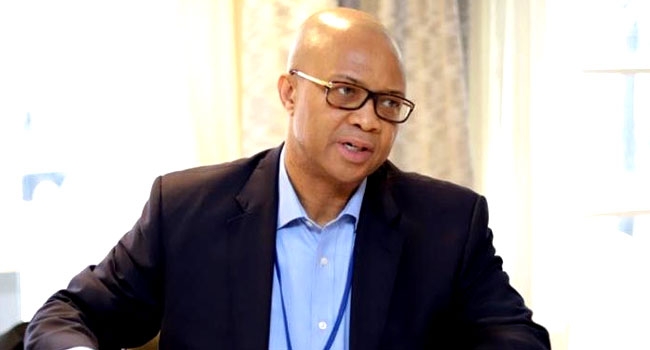In a bid to achieve cost-saving measures, the Federal Government has excluded 26 professional bodies and councils of agencies from its budgetary allocations for the year 2024. The decision aims to target savings amounting to N27.72 billion, as outlined in a document published on the website of the Budget Office of the Federation.
The Director-General of the Budget Office of the Federation, Ben Akabueze, had previously announced the discontinuation of budgetary allocations to professional bodies and councils, effective December 31, 2023. This policy is now being implemented in the 2024 budget, underscoring the government’s commitment to fiscal responsibility.
A letter dated June 26, 2023, addressed to the Registrar of the Nigerian Council of Food Science and Technology, conveyed the formal communication of this decision. This strategic move is part of broader efforts to streamline budgetary allocations, enhancing financial discipline across government agencies.
The excluded professional bodies are now considered self-funded organizations, responsible for covering all personnel, overhead, and capital expenditures. The shift aligns with the recommendations of the Presidential Committee on Salaries, emphasizing greater financial autonomy for these entities.
The suspension of budgetary allocations affects entities across various ministries, including Trade and Investment, Information and Communication, Agriculture and Rural Development, Transport, Mines and Steel, Justice, Works and Housing, as well as Environment. Entities like the Advertising Regulatory Council of Nigeria, the Council for Registered Engineers of Nigeria, the Nursing and Midwifery Council, and the Optometrist and Dispensing Opticians Board of Nigeria will need to explore alternative revenue streams such as registration fees, licensing fees, renewal fees, examination fees, and membership fees for funding.
This transition signifies a significant shift towards financial self-sufficiency for the affected organizations, marking a new era in their funding dynamics.

